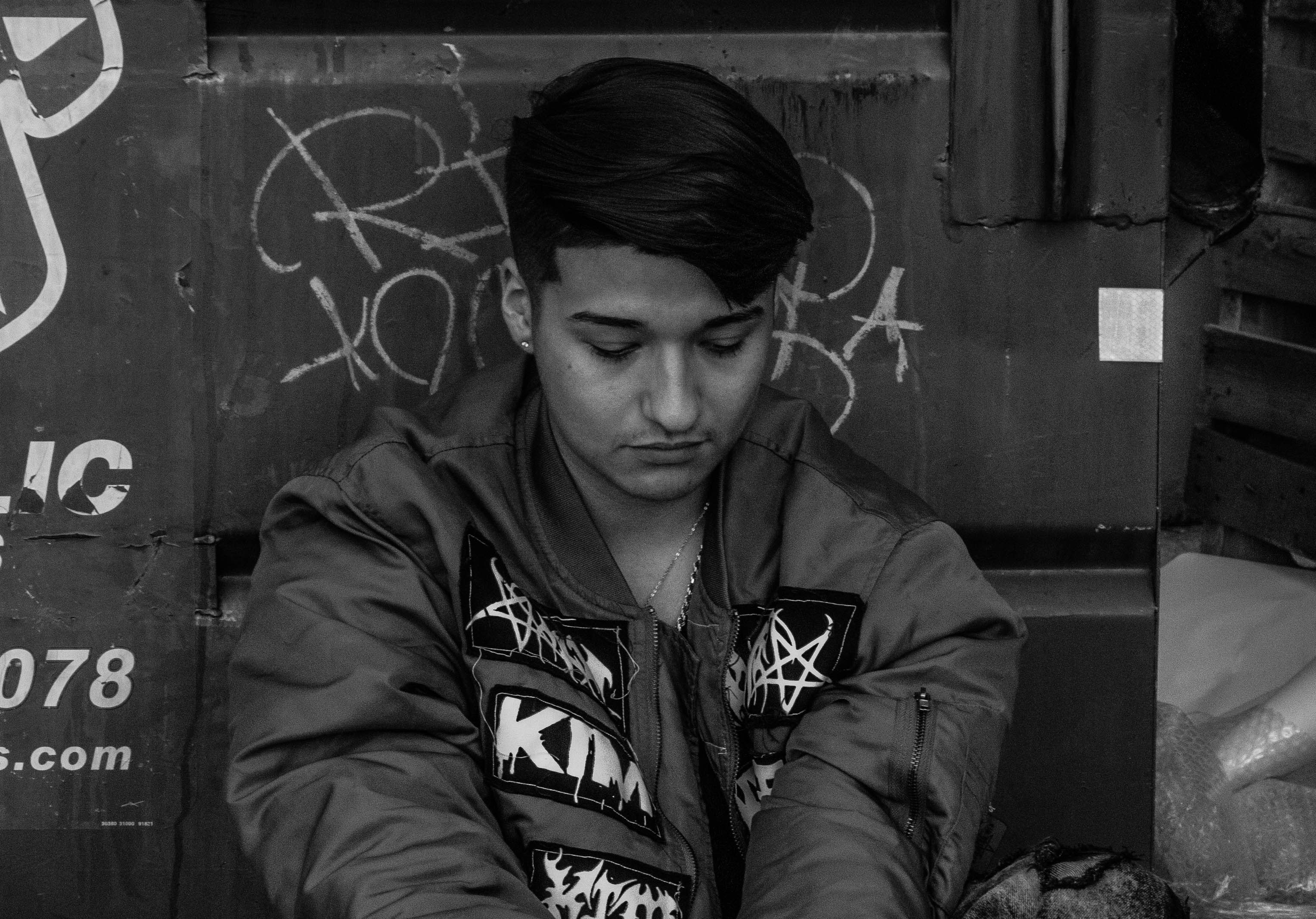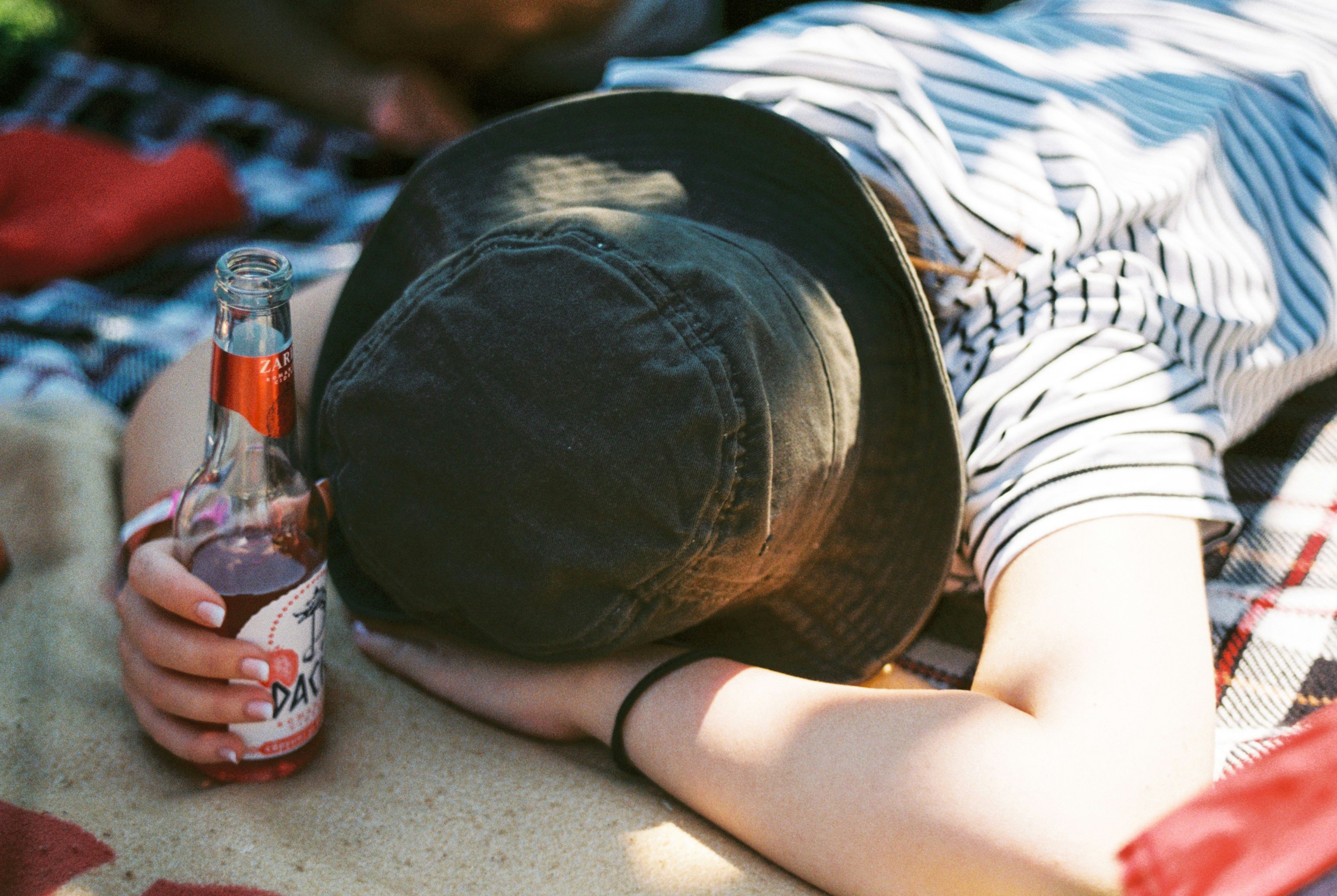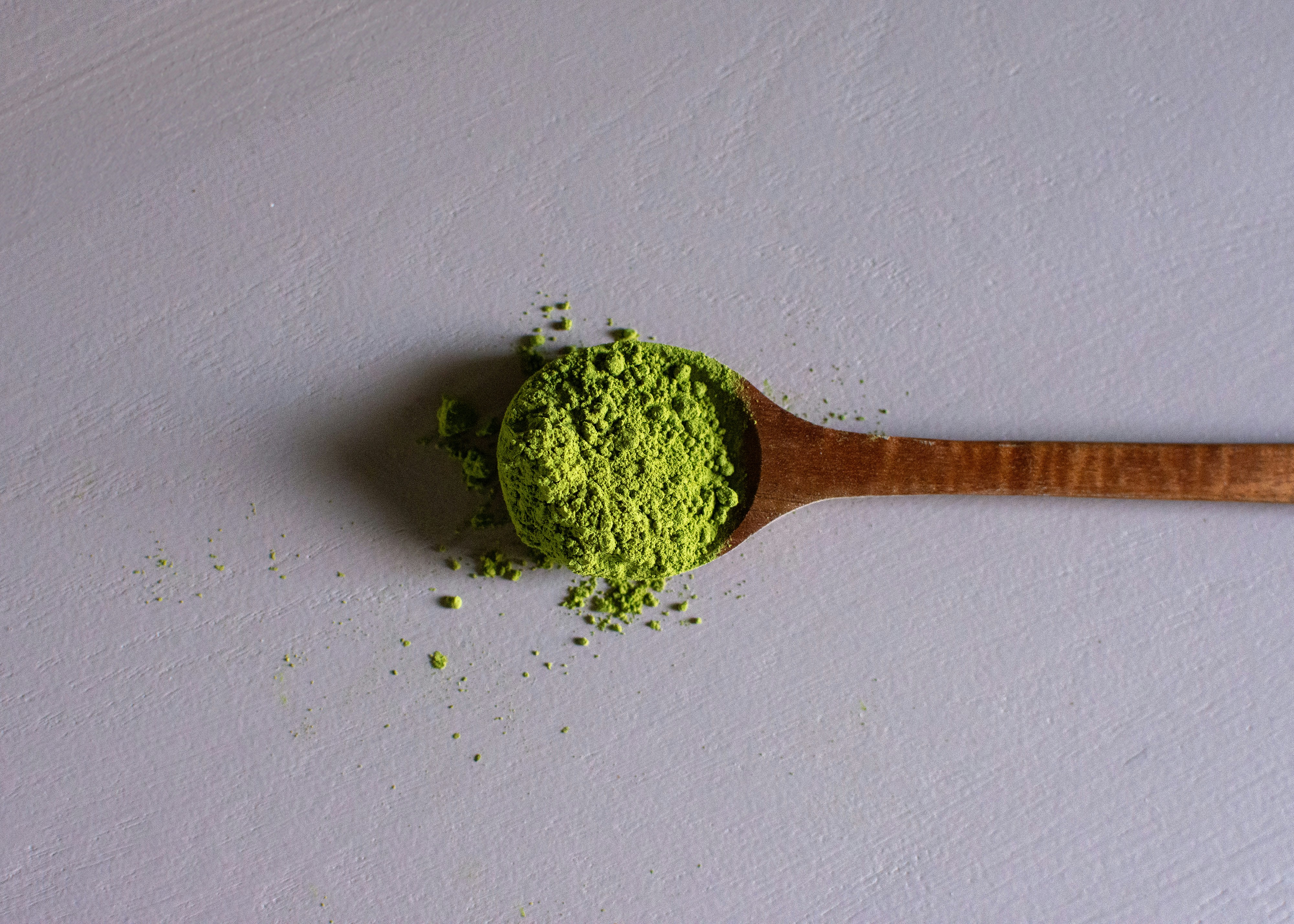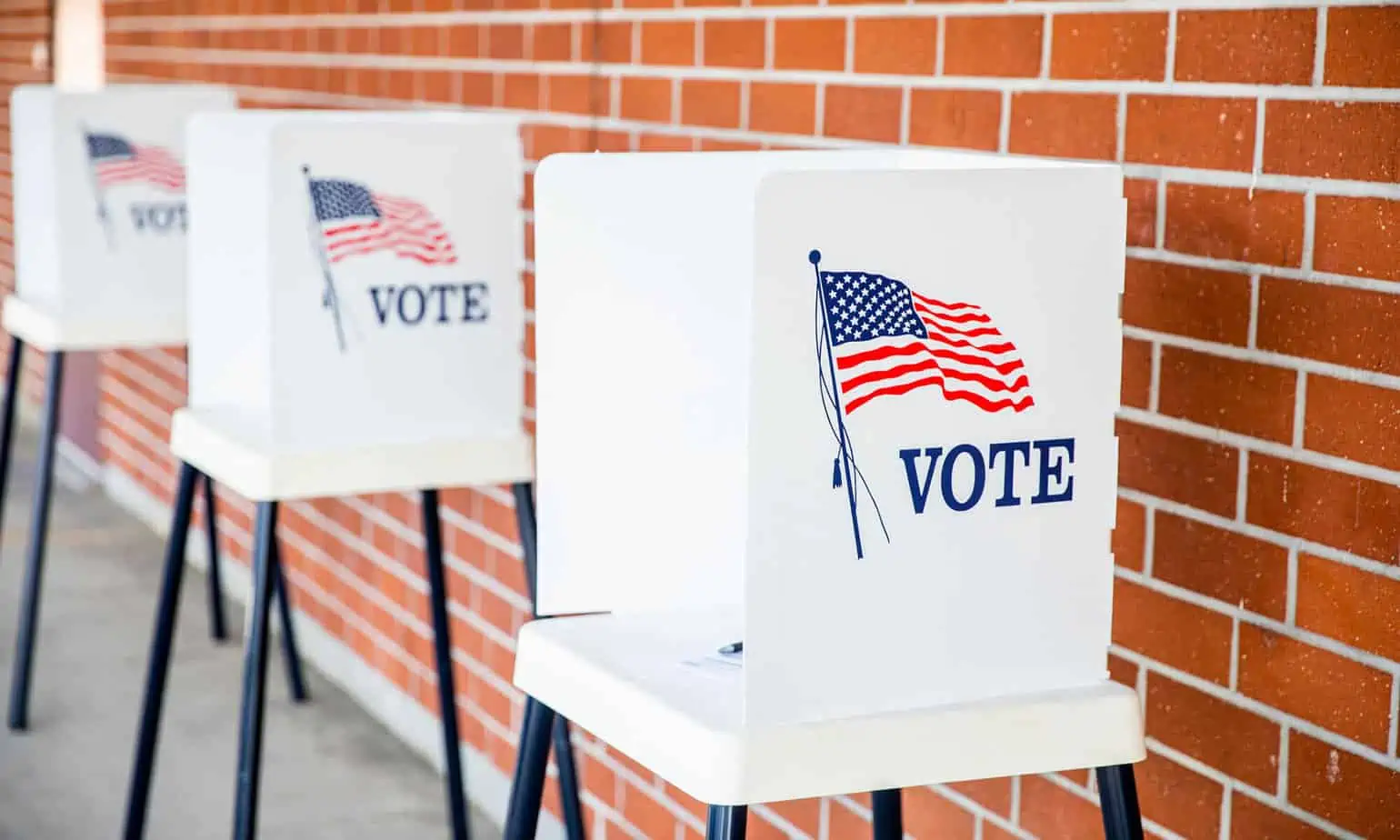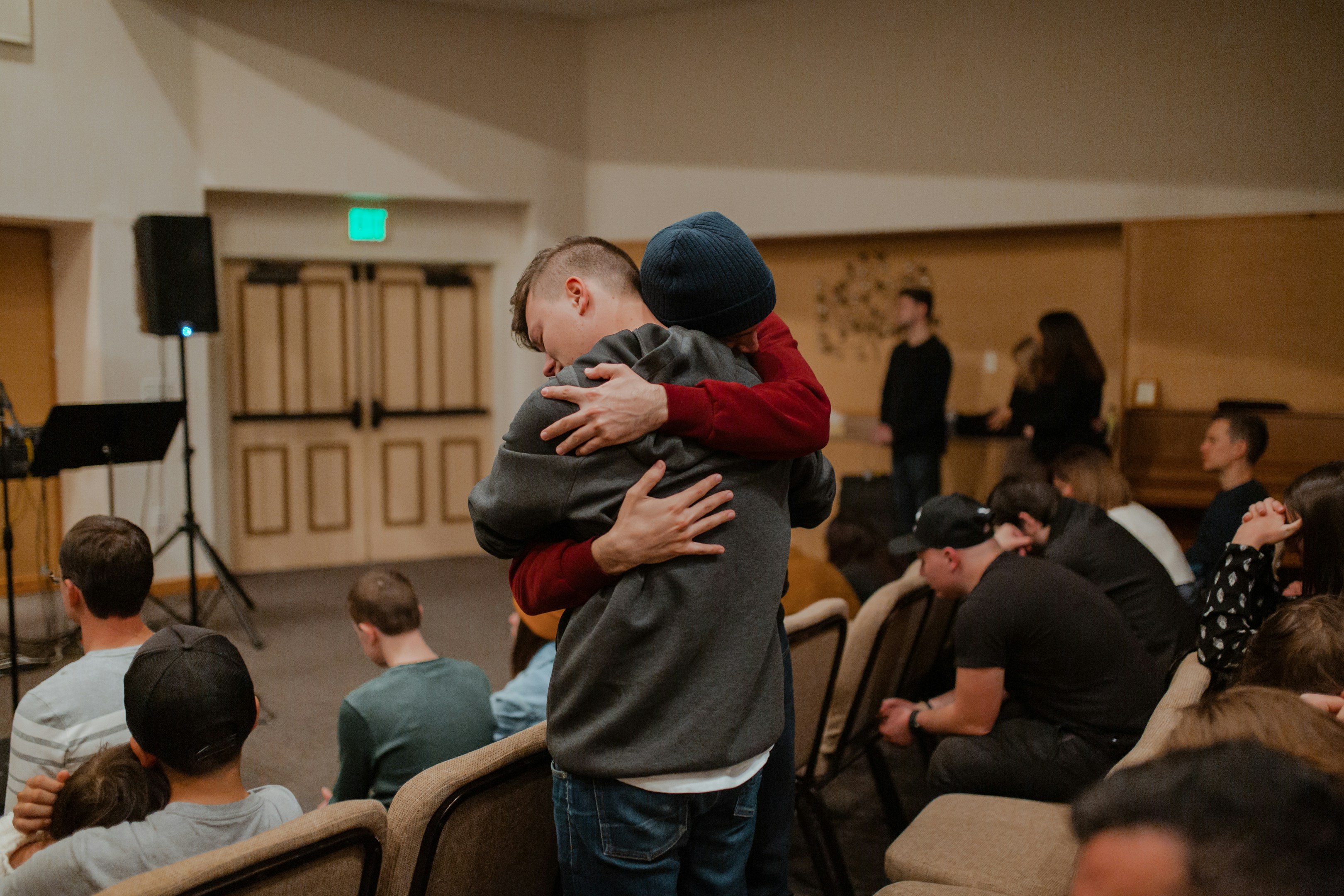When I got sober, there were no shortage of opinions on how I could strengthen my recovery. Therapists, family, friends, sponsors – everyone had their own idea of what would work for me. Being an oppositional addict, I disregarded them. This remnant attitude from my addiction took some time to shed. However, it did force me to reckon with questions like, “If not their advice, then whose? If not those suggestions, then which?” The solutions I discovered still hold true today, and they are refreshingly simple.
Find people who will show up for you.
This, more than anything, has been the bedrock of my recovery. A meeting, the Big Book, exercise, meditation, loving myself…none of these things answer the phone at 2:00 am. None of them drive across town to pick me up and talk things over. They can’t tell me when I’m wrong, or that they believe I can be better. They don’t stand next to me at a loved one’s funeral, or sit with me for hours in the Emergency Room. Find these relationships in sobriety and hold on to them like your life depends on it – one day it might. Also, be that person for those you love.
Get the hole in your soul out of the hole in your head.
If you are hurting, share. If you are thinking about using, talk about it. If you have a secret, tell someone the truth. Your action may not change, but how you feel will. I spent a lot of time keeping things to myself and holding in pain, fear, sadness, and confusion. When I finally started to let them out, I felt physically lighter. The trick is to keep doing it. Don’t stop because you finished your 4th Step, or because your sponsor didn’t answer the phone. When you realize you have something you need to tell someone, find a person you trust and get it out.
Be yourself, relentlessly.
This one was the hardest for me at first. I wanted others to like me so badly that I would present whoever you wanted me to be. If you liked sports, so did I. If you listened to that band, I did too. If you ate quinoa, I would choke it down and pretend I loved it. Then, I hit the hardest moment in my recovery to date. My girlfriend left me, my parents split up, and money for treatment dried up. I was split wide open, but I didn’t have the energy to fake it. For the first time in my life, I was truly authentic. No one judged me. No one ran away. To my surprise they were delighted that I had finally showed up to “play.” I realized that being authentic was something I was going to have to work at. I call it “relentless authenticity.”
Embrace the hard times; treasure the good.
A man in one of my first 12 Step meetings put it best: “Some days are good, some days are bad, and some days are Tuesdays.” When I first got sober, I assumed that life would snap back into place. I would find success, love, and happiness. Those things turned out to be true. What I didn’t account for was reality. Life isn’t great all the time for anyone, sober or not. I began to realize the truth in that man’s statement. My expectations for life changed. I stopped clinging to the idea of unending happiness. As a result, life got infinitely better.
It’s not about being in a bad place, it’s about what you do next.
I don’t inherently do what is best for me. I go through good and bad times in my recovery. Most weeks, I call my sponsor, work with a sponsee, go to meetings, spend time with my friends. Some weeks, I don’t. I used to believe that if I hit a rut, I was doomed. That’s not true for me any longer. I still find myself in a bad spot from time to time, but I don’t beat myself up anymore when it happens. I do something different: I call someone; I head to a meeting; I jump back into my step work. Noticing that it’s happening and acting is the key. I create new habits and stop digging the hole I am sitting in.
Finding true recovery from drugs and alcohol isn’t easy; it’s not supposed to be. The best things in life require discomfort and sacrifice. They demand compassion. Keep moving forward. You can handle more than you think. The good news is: it’s worth it. If it wasn’t, believe me, I wouldn’t be doing it. And most importantly – you’re not alone.
If you or a loved one is struggling with addiction, Mountainside can help.
Click here or call (888) 833-4676 to speak with one of our addiction treatment experts.

 By
By 

